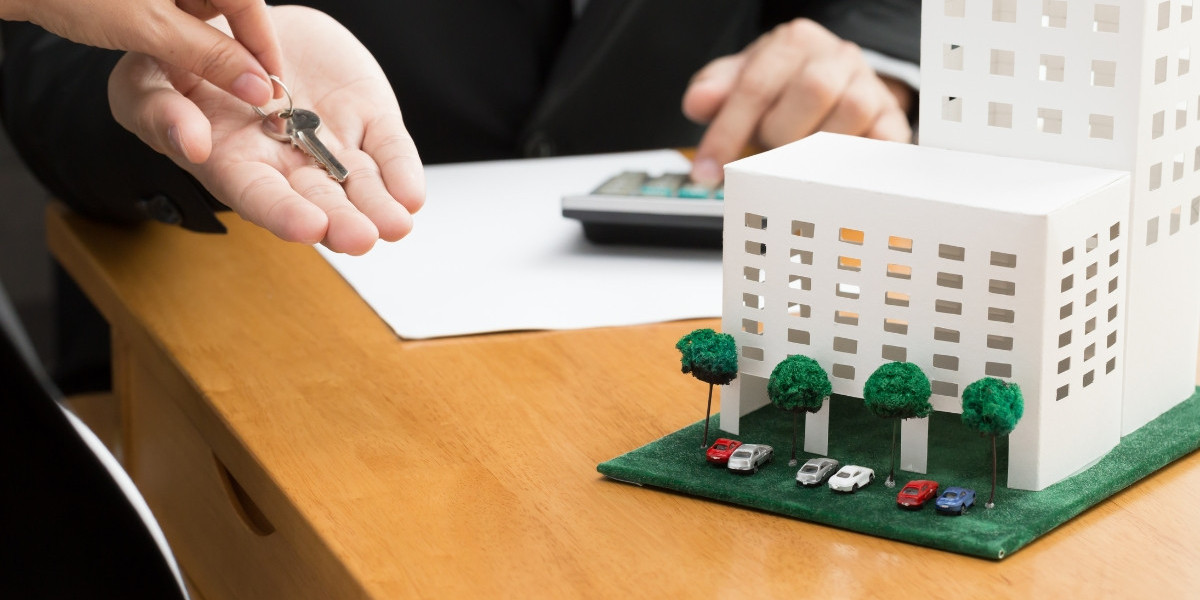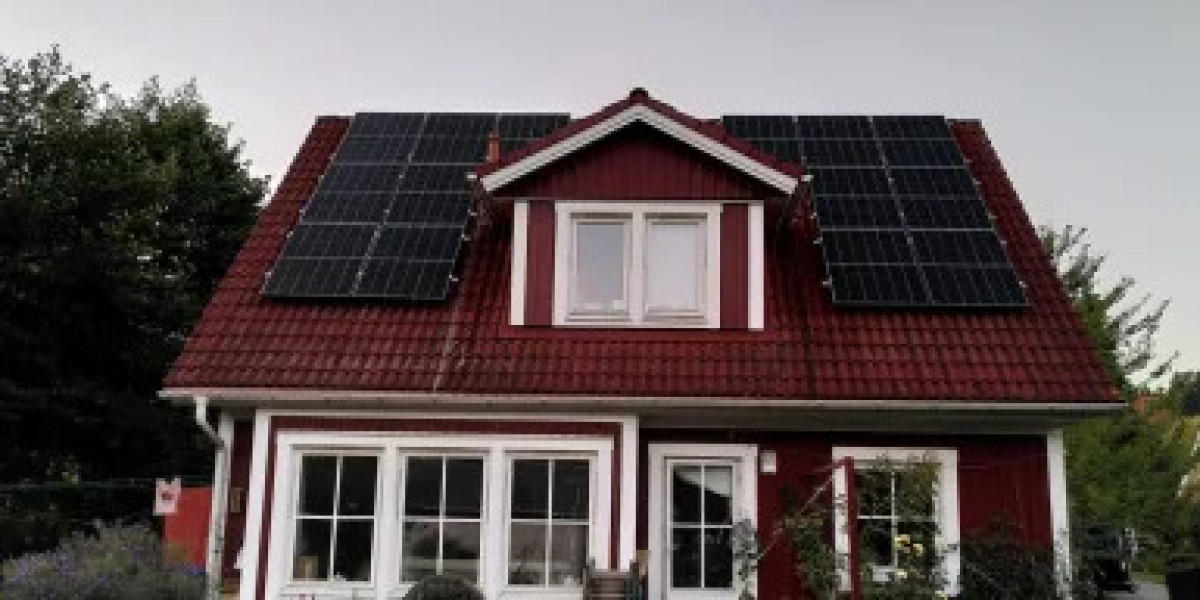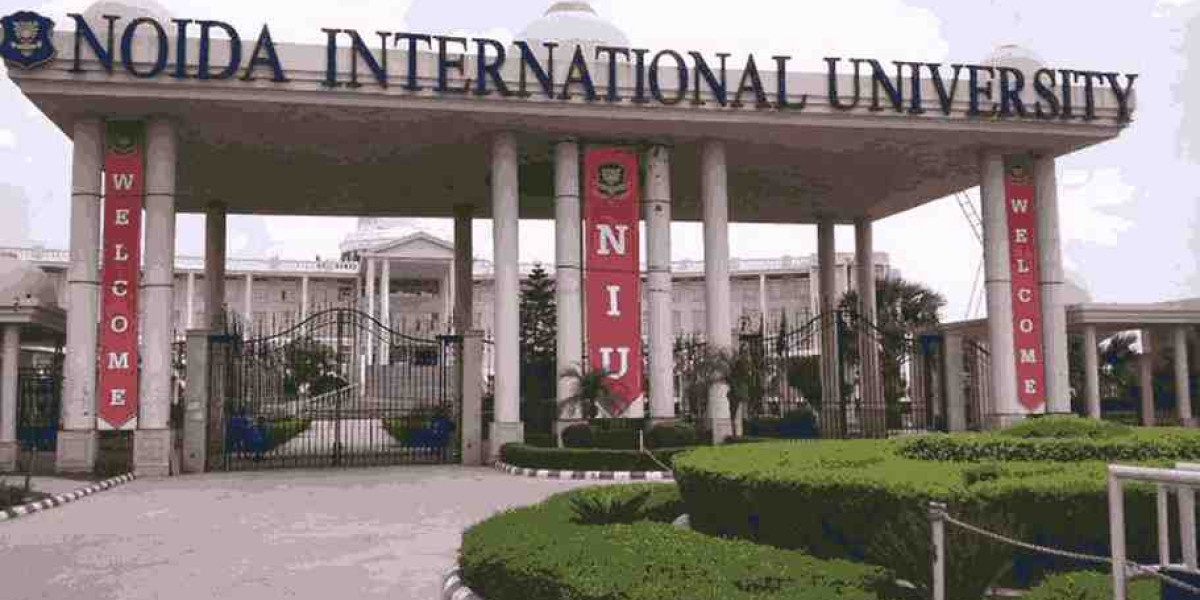If you're considering purchasing property in Dubai, you're in great company. Known for its luxurious lifestyle, stunning skyscrapers, and vibrant culture, Dubai attracts buyers from around the world. But, like any major investment, financing a property here involves careful planning, particularly with mortgages in Dubai. In this guide, we'll walk you through everything you need to know about mortgages in Dubai, from the basics to the finer details, so you can approach your investment with confidence.
Understanding Mortgages in Dubai
In Dubai, mortgages are widely available to both residents and non-residents. With competitive interest rates and various mortgage options, Dubai has become one of the most accessible property markets in the Middle East. However, each mortgage type has its unique conditions, making it crucial to understand what will work best for your financial goals.
Who is Eligible for a Mortgage in Dubai?
Mortgages in Dubai are available to residents, non-residents, and even international investors. However, each category may have slightly different terms:
- Residents – UAE residents generally have access to better loan-to-value ratios and more competitive interest rates.
- Non-Residents – Non-residents can also secure mortgages, but their options may be slightly more limited.
- Expatriates and International Buyers – Dubai allows expats and international investors to obtain mortgages, making it a global property market.
Types of Mortgages Available in Dubai
Choosing the right mortgage type is critical. Dubai offers a range of options to suit various buyer profiles:
- Fixed-Rate Mortgages – A fixed-rate mortgage offers a stable interest rate for a set period, typically ranging from 1 to 5 years.
- Variable-Rate Mortgages – With this type, the interest rate fluctuates based on the Emirates Interbank Offered Rate (EIBOR), which can offer savings during low-interest periods.
- Interest-Only Mortgages – These are ideal for those wanting to keep their monthly payments low. However, the principal remains untouched until the end of the term.
Loan-to-Value Ratios and Down Payments
In Dubai, the down payment required depends on whether you're a resident or a non-resident. For residents, the loan-to-value (LTV) ratio can go as high as 80% for properties priced under AED 5 million. Non-residents typically need to make a higher down payment, with LTV ratios usually capping at around 65-75%.
Required Documents for a Mortgage in Dubai
To apply for a mortgage in Dubai, you’ll need to prepare a set of documents, including:
- Passport copy
- UAE residence visa (if applicable)
- Salary certificate or proof of income
- Recent bank statements (typically 3-6 months)
- Property sale agreement
For self-employed applicants, additional documentation, such as business financial statements, may be required.
The Mortgage Application Process in Dubai
Applying for a mortgage in Dubai follows these main steps:
- Pre-Approval – Many buyers start with pre-approval, which allows you to understand your borrowing capacity.
- Property Selection – Once you know your budget, you can start your property search with a clearer focus.
- Final Approval and Property Valuation – The lender will conduct a valuation of the property to confirm its worth.
- Mortgage Offer – If the valuation is approved, you'll receive a formal mortgage offer.
- Transfer and Registration – Once the mortgage is approved, the property transfer can proceed.
Interest Rates on Mortgages in Dubai
Interest rates vary based on the mortgage type, lender, and applicant profile. In recent years, Dubai’s mortgage rates have been between 2.99% and 5.5%, although they can fluctuate with market conditions. Opting for a fixed-rate mortgage can offer stability, while a variable rate might yield savings in a low-interest environment.
Common Fees Associated with Dubai Mortgages
Apart from the interest rates, several additional fees accompany a mortgage in Dubai:
- Processing Fee – Typically 0.25% - 1% of the loan amount.
- Valuation Fee – This covers the lender’s cost to value the property.
- Early Settlement Fee – If you repay your mortgage early, a fee might apply.
- Mortgage Registration Fee – A fee, usually 0.25% of the mortgage amount, is payable to the Dubai Land Department.
Mortgage Regulations in Dubai
Dubai’s mortgage regulations aim to protect both the borrower and the lender. For instance, LTV ratios and debt-to-income caps are regulated to ensure borrowers aren’t over-leveraged. Additionally, lenders are required to provide transparent information on mortgage terms, helping you make a well-informed decision.
The Role of the Dubai Land Department
The Dubai Land Department (DLD) oversees property transactions and ensures that all real estate dealings are legally compliant. They are responsible for property registrations and maintain a database of property records. A mortgage registration fee, generally 0.25% of the loan amount, is paid to the DLD.
The Impact of the UAE’s Economy on Mortgages
As Dubai’s economy continues to thrive and diversify, the property market remains stable, with robust support from government initiatives. Dubai’s focus on attracting foreign investment has led to a positive environment for property buyers, which in turn keeps the mortgage market competitive.
Benefits of Getting a Mortgage in Dubai
Opting for a mortgage instead of purchasing a property outright offers several benefits:
- Improved Cash Flow – Mortgages allow you to buy a property without depleting your cash reserves.
- Build Equity Over Time – Monthly mortgage payments help you build equity in the property.
- Tax-Free Capital Gains – Dubai does not have capital gains tax, making it attractive for property investments.
- Potential Rental Income – Many investors rent out their properties, using rental income to offset mortgage payments.
Challenges in Securing a Mortgage in Dubai
While there are clear advantages, it’s important to be aware of potential challenges:
- Currency Fluctuations – Non-resident buyers may face currency exchange risks, which could impact their repayment.
- Interest Rate Volatility – For variable-rate mortgages, interest rates can fluctuate, impacting monthly payments.
- Strict Eligibility Requirements – Some banks have stringent criteria, especially for non-residents and self-employed individuals.
Tips for Getting the Best Mortgage Deal in Dubai
Securing the right mortgage can significantly impact your investment returns. Here are some tips to help you get the best deal:
- Compare Lenders – Interest rates, fees, and terms vary, so shop around.
- Negotiate Fees – Some fees, such as processing fees, may be negotiable.
- Seek Professional Advice – Mortgage brokers familiar with the Dubai market can offer valuable insights.
- Opt for Pre-Approval – Pre-approval not only clarifies your budget but also strengthens your position as a buyer.
Conclusion
Mortgages in Dubai offer an excellent opportunity for both residents and international investors to own property in one of the world’s most dynamic cities. With a variety of mortgage types, competitive rates, and straightforward application processes, buyers have a range of options to fit their financial goals. Whether you're seeking a long-term residence, a rental investment, or a holiday home, understanding Dubai’s mortgage landscape is the first step towards making an informed and rewarding investment.
FAQs
Can non-residents get a mortgage in Dubai?
Yes, non-residents can obtain mortgages in Dubai, although they may face slightly higher down payment requirements and different interest rates compared to residents.How long does the mortgage approval process take?
On average, the mortgage approval process in Dubai can take between two and four weeks, depending on the lender and documentation completeness.What’s the minimum down payment for a mortgage in Dubai?
For UAE residents, the minimum down payment is typically 20% for properties under AED 5 million. Non-residents might need a down payment of around 25-35%.















